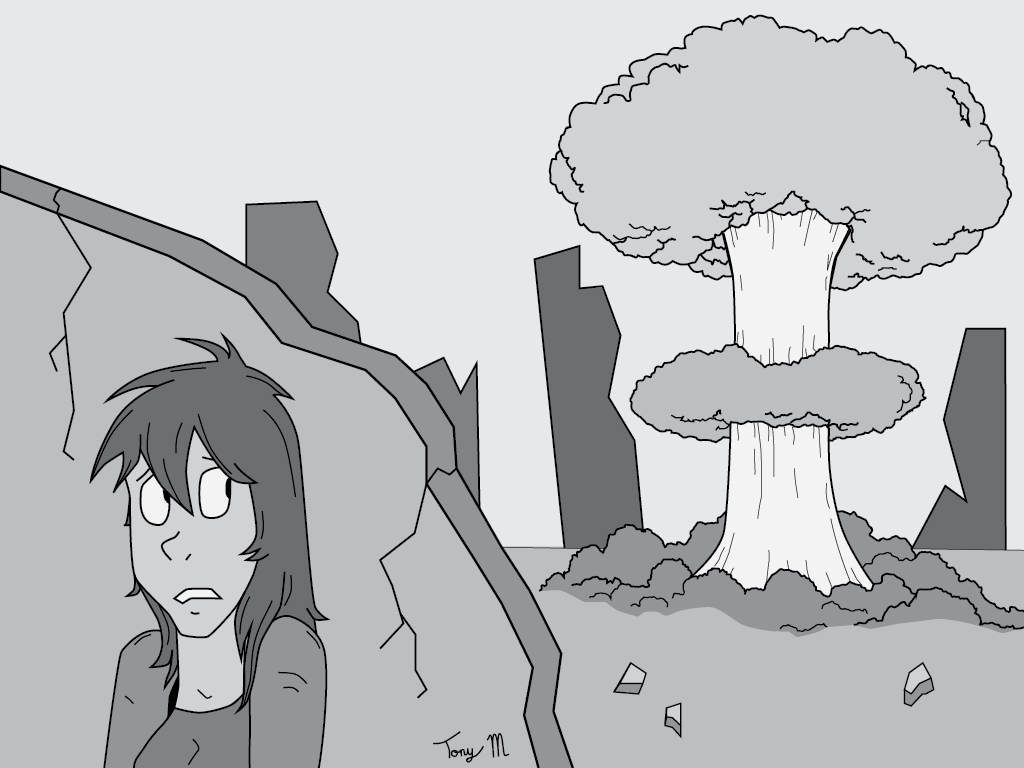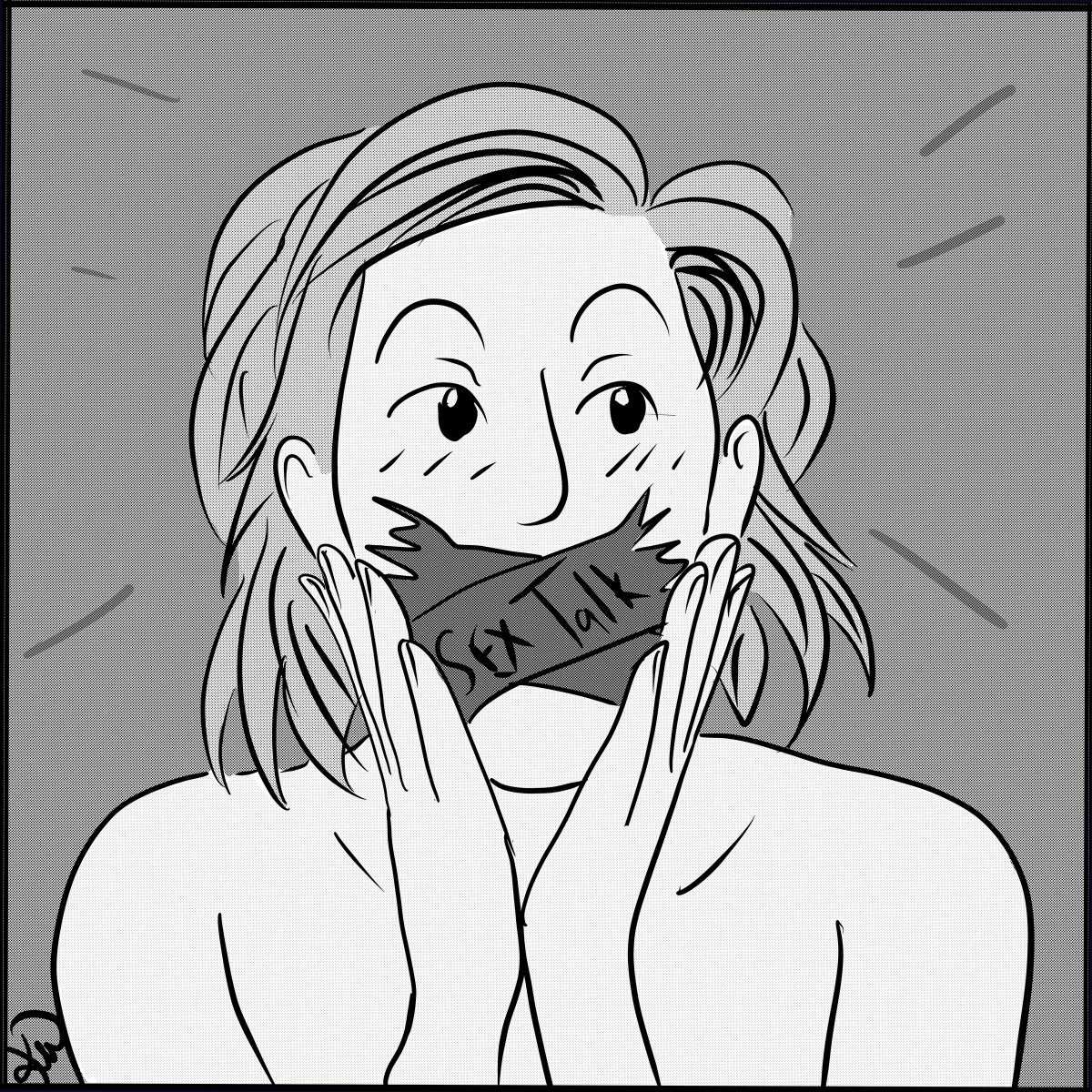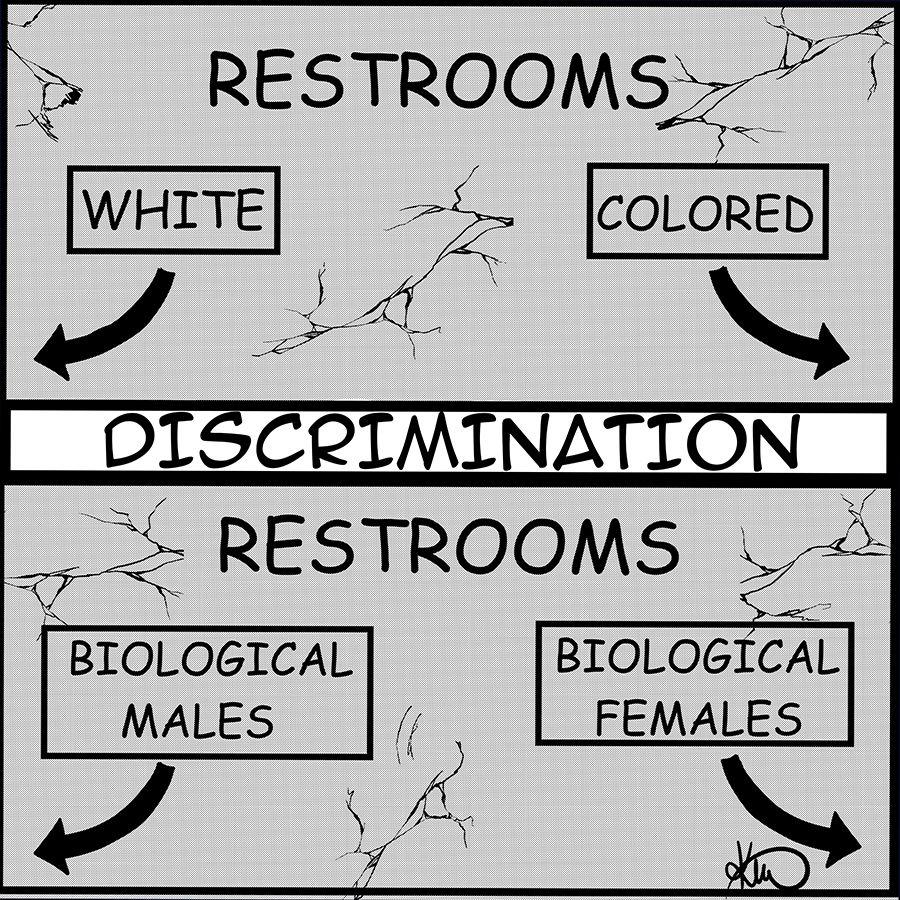In recent years, apocalyptic stories have become common in popular culture. This trend includes films and TV shows such as “The 100,” “The Walking Dead,” “World War Z,” “Mad Max: Fury Road” and “Rise of the Planet of the Apes.” Granted, apocalyptic and post-apocalyptic stories are not a new phenomenon, but we seem to have a lot more of them lately. A quick glance at the top grossing movies of 2014, as listed by IMDB, shows that five of the first 20 films are either about doomsday scenarios or the dystopias that arise in their aftermath.
With this increasingly popular genre comes a very distinct type of character. This character is portrayed as independent, strong-willed, determined, capable and inventive. It is the type of character people cannot help but love due to the character’s ability to think his way out of any problem that the end times throw his way. Characters like Denzel Washington’s Eli in the 2010 film “The Book of Eli” and Charlton Heston’s Taylor in the 1968 film “The Planet of the Apes” fit this mold.
But there is also a newer character present in some of these films: an adolescent with the same traits of inventiveness and determination but with less emotional intelligence and confidence. This type of character is seen more often in stories aimed toward younger audiences, i.e. books, shows and films in the young adult genre. Examples include Katniss in “The Hunger Games” and Jonas in “The Giver.”
It is easy to see why both types of characters (the older and the younger) are popular, as they harken back to the American ideals of rugged individualism and self-reliance. Similarities can be seen between the heroes of apocalypse movies and the heroes of old westerns. We observe a certain romanticism present in these characters.
In a trend that is very likely fueled by these popular stories, a new phenomenon of prepping for doomsday has arisen. These “preppers” are not entirely new, as a similar phenomenon was seen during the Cold War with the construction and maintenance of home fallout shelters. Nevertheless, preppers are receiving a lot of media coverage from several shows on TV (e.g. “Doomsday Preppers” on the National Geographic Channel) and numerous channels on YouTube.
Many people in the United States are currently prepped to survive any manner of disaster (man-made or natural). But why on Earth would they want to be?
A bunker stored with food, water, tools and other resources would ensure the survival of a prepping clan in the event of, say, a nuclear war; but imagine the life those survivors would face. Immense solitude, cramped quarters and the aggravation of forever being stuck with the same group of people would be everyday struggles. The psychological trauma would be unbearable, as would the knowledge that the only way the preparations can end is with starvation after the food runs out. In their bunker, the unfortunate survivors of a nuclear war would become acutely aware that they are living in their own coffin. There is no end game in this situation.
But what if it were not as severe as a nuclear war? What if society merely collapses, and the environment is unharmed? The situation is still dire. Without the framework of government, it would be complete chaos, survival of the fittest. Life in this state would be, in the words of Thomas Hobbes, “solitary, poor, nasty, brutish, and short.” It is delusional to think the survivors would come together to recreate society. If anything, a warlord might consolidate power and rule over some fearful subjects, but the principle of might makes right would supersede democracy and rule of the majority.
Whether the doomsday involves a ruined environment or just a social collapse, it can only end in one of two ways. Either the survivors starve to death in a bunker after enduring a living hell, or they are murdered in their sleep for resources by a roaming band of ruffians after fighting daily for their lives. There is absolutely nothing romantic about the end of days. One does not live past the apocalypse. One may survive, but one does not live. I do not know about anyone else, but I do not intend to be lowered to the level of mere survival.


















